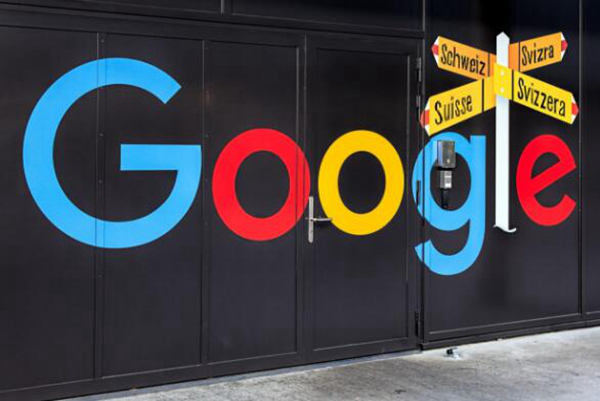According to Bloomberg, testimony this week in the ongoing Google antitrust trial revealed that Google pays Samsung a "substantial sum" monthly to pre-install its Gemini AI application on its devices. This information comes after Judge Amit Mehta ruled that Google's search engine constitutes an illegal monopoly, and Google's lawyers are currently debating the potential penalties with the Department of Justice.

Peter Fitzgerald, Google's vice president of platforms and devices partnerships, testified on Monday that the payment agreement between Google and Samsung began in January. Notably, this deal was launched after Google was found to have violated antitrust laws, partly due to similar default search partnerships with companies like Apple and Samsung. As part of the partnership, Samsung's Galaxy S25 series phones, launched in January, set Gemini as the default AI assistant when the power button is long-pressed, relegating Samsung's own Bixby assistant to a secondary position.
According to The Information, Fitzgerald's testimony mentioned that other companies, including Perplexity and Microsoft, also pitched deals to Samsung to pre-install their AI assistant apps. However, Department of Justice lawyers pointed out that letters from Google attempting to modify agreements with phone manufacturers were sent only last week, on the eve of the trial, suggesting these moves might be a response to trial pressure. Furthermore, The Information reported that internal Google slides submitted that day seemed to indicate that Google "is considering more restrictive distribution agreements requiring partners to pre-install Gemini outside of Google Search and Chrome."
Regarding payment details, Bloomberg reported that Fitzgerald stated the Gemini agreement with Samsung is for two years, and in addition to a fixed monthly fee, Google will also pay Samsung a percentage of Gemini app subscription revenue. Bloomberg quoted Department of Justice lawyer David Dahlquist as saying the fixed monthly fee is a "substantial sum," although the exact amount hasn't been disclosed.
The outcome of this hearing on monopoly penalties is significant. If the Department of Justice's arguments prevail, Google could be prohibited from default placement agreements in the future, potentially forced to divest Chrome, and compelled to license much of the data its search engine relies on. Google argues it should only need to abandon default placement agreements.







